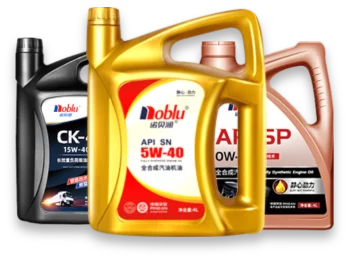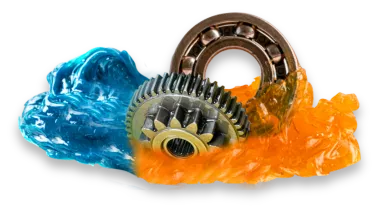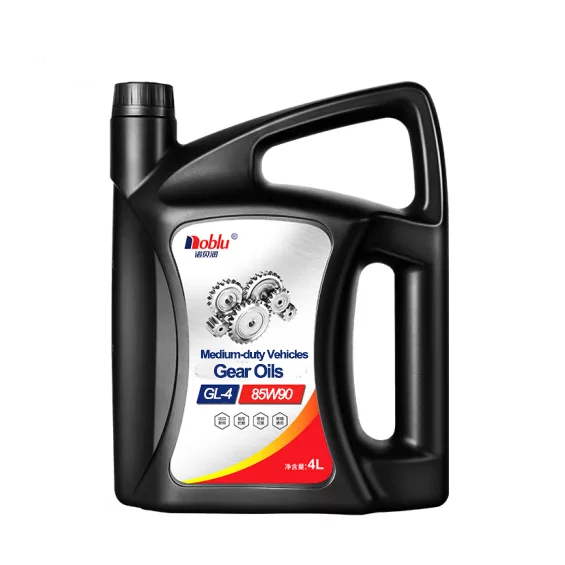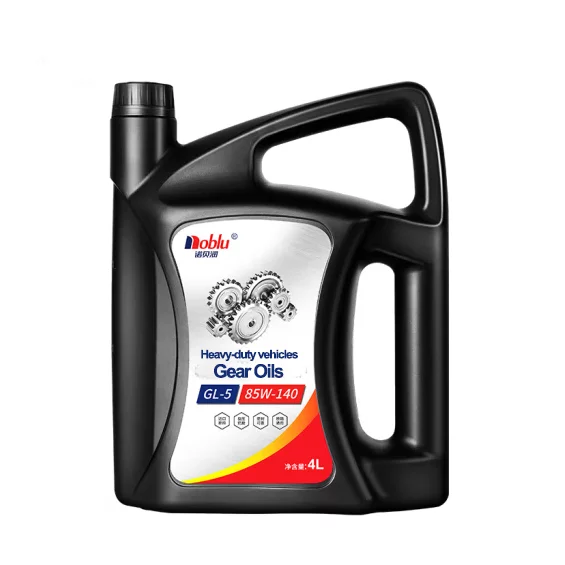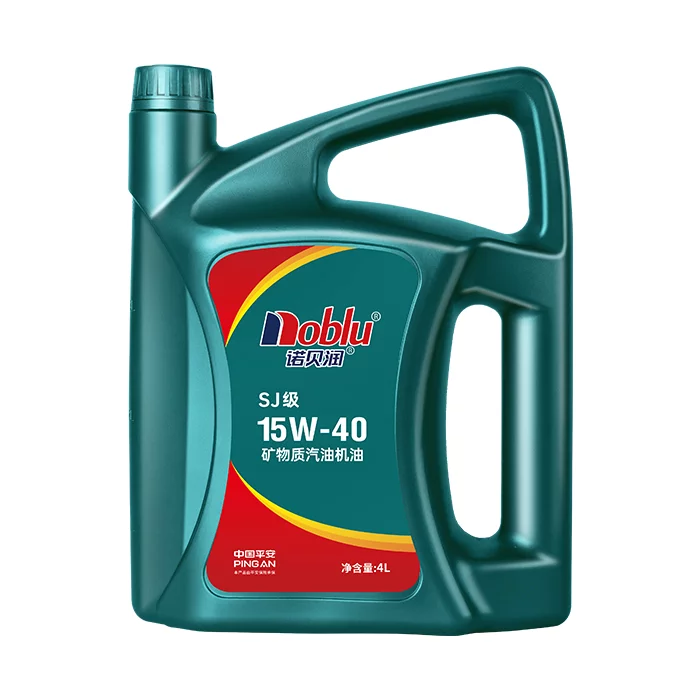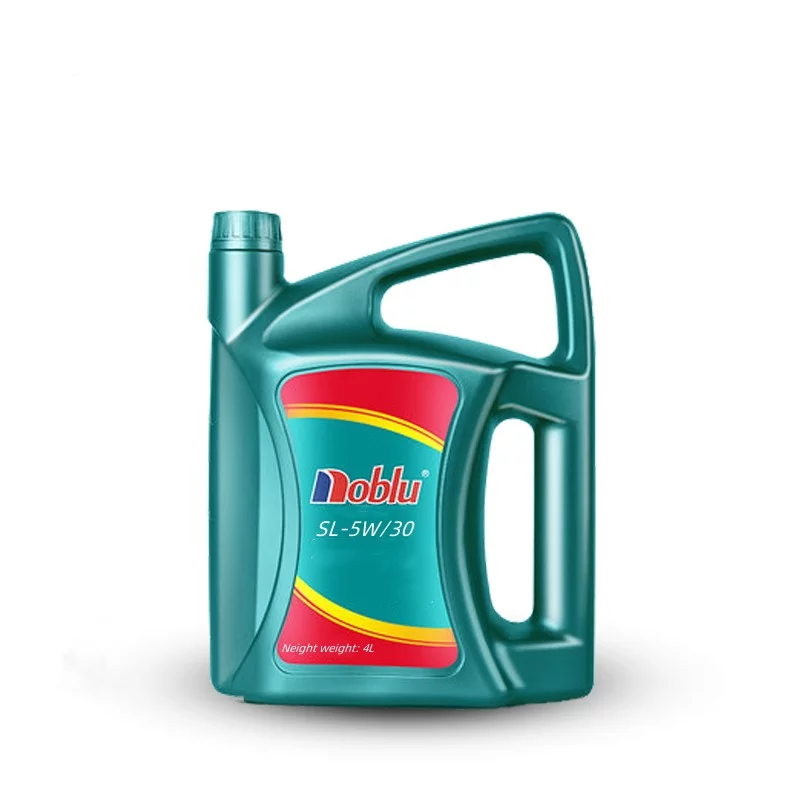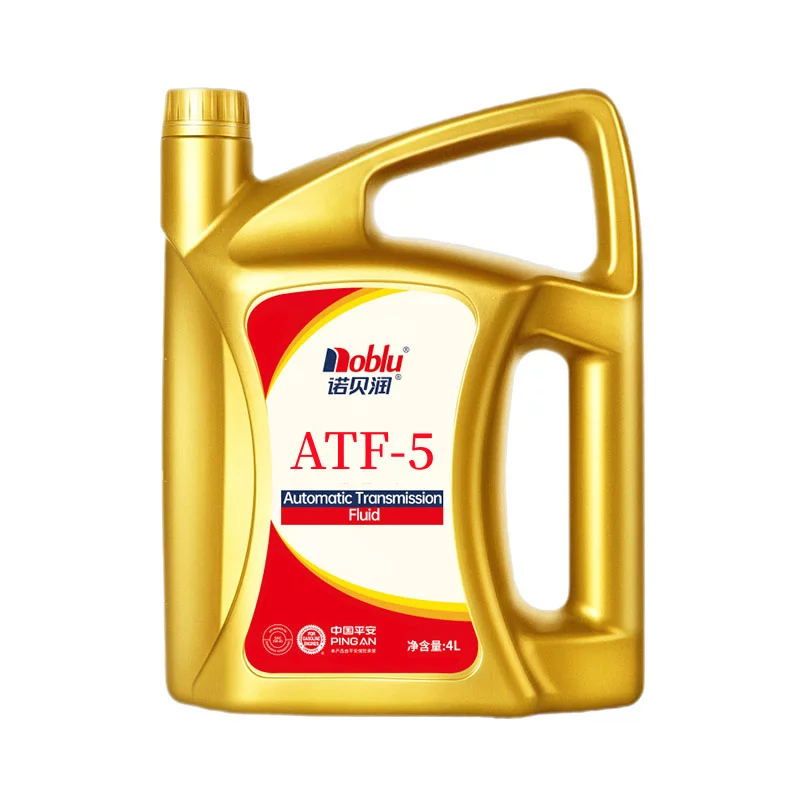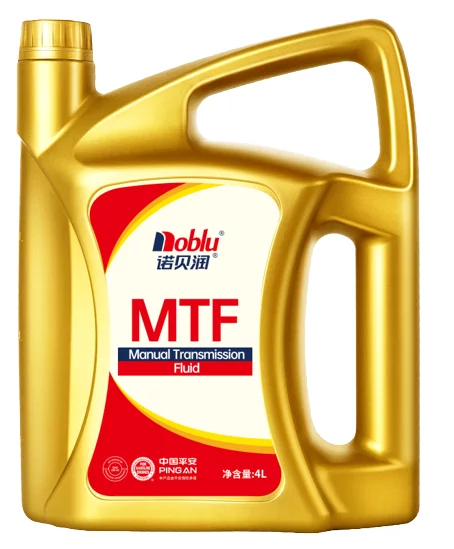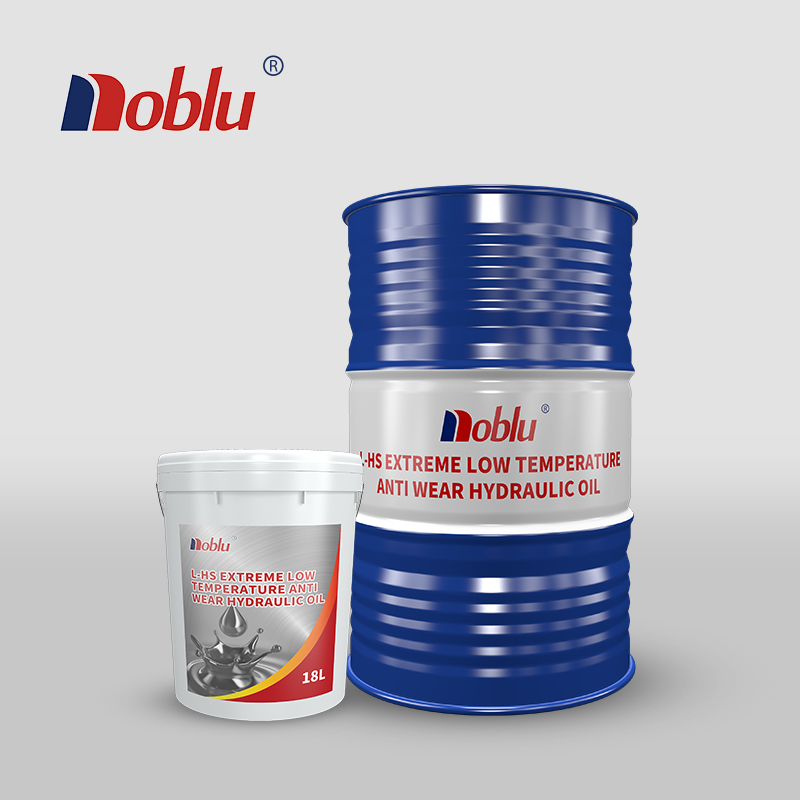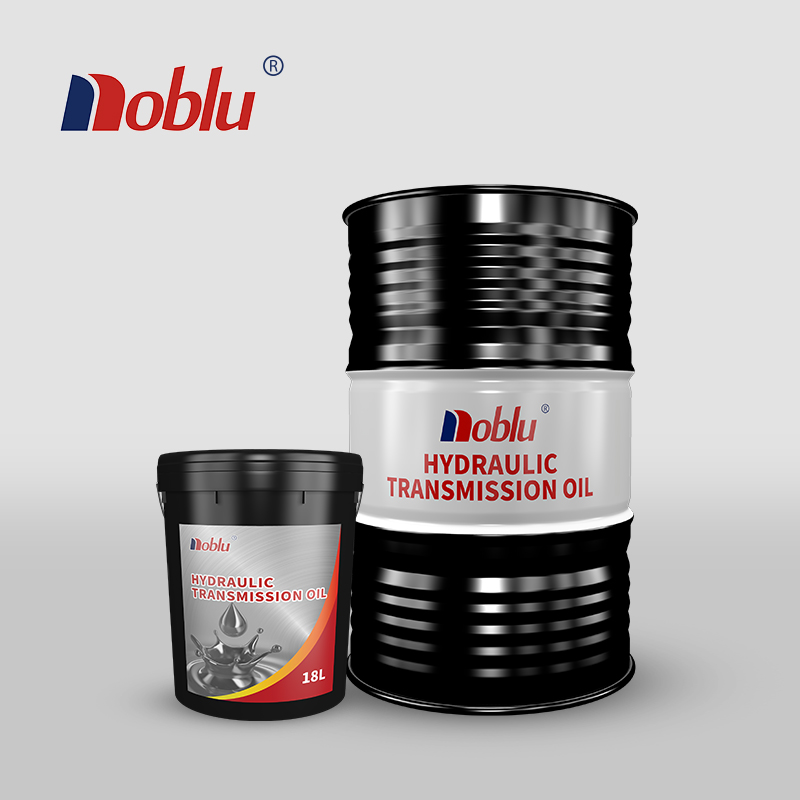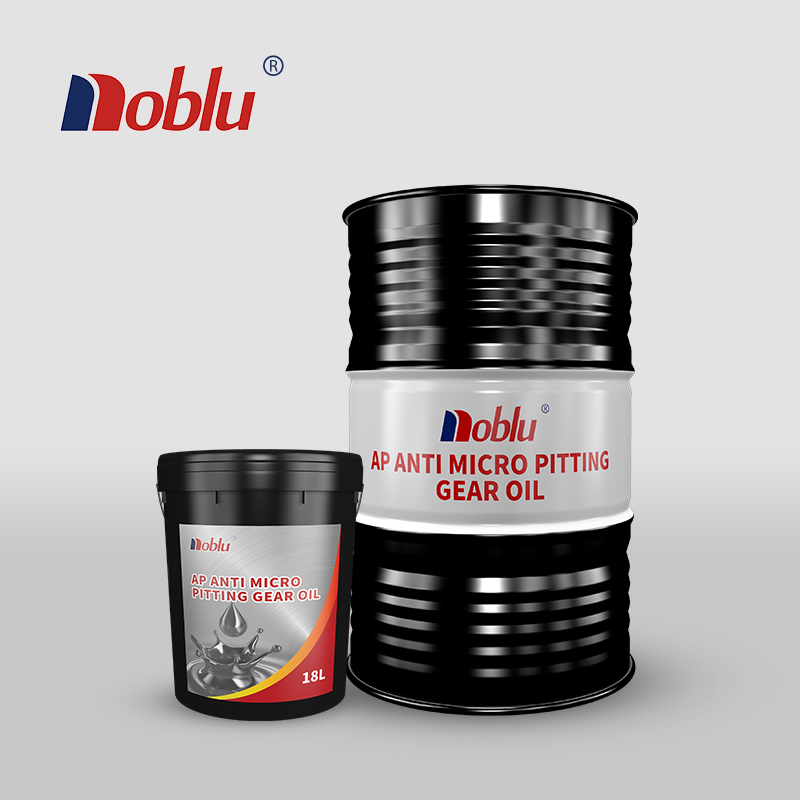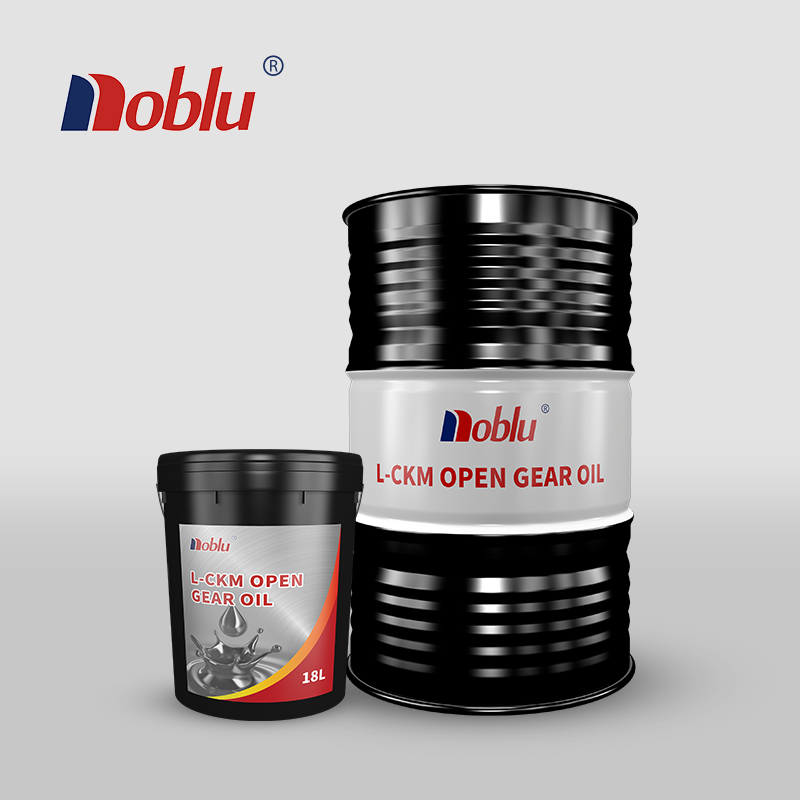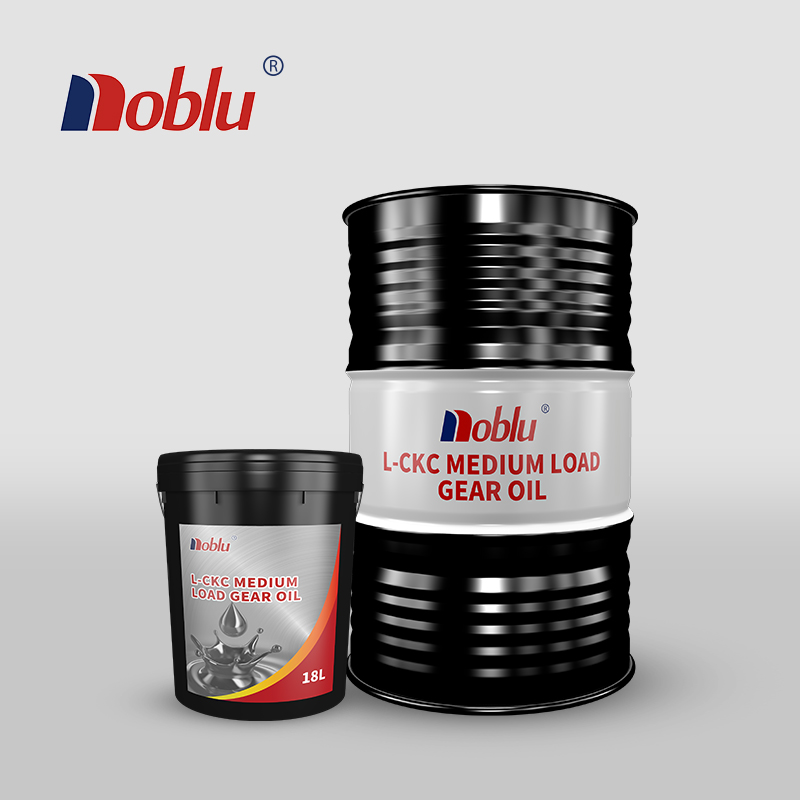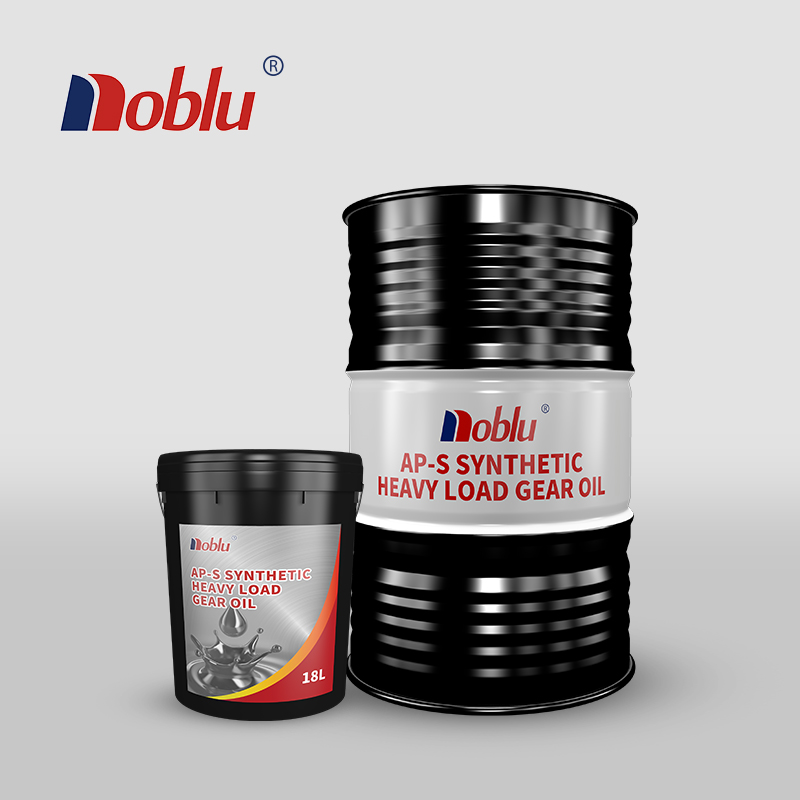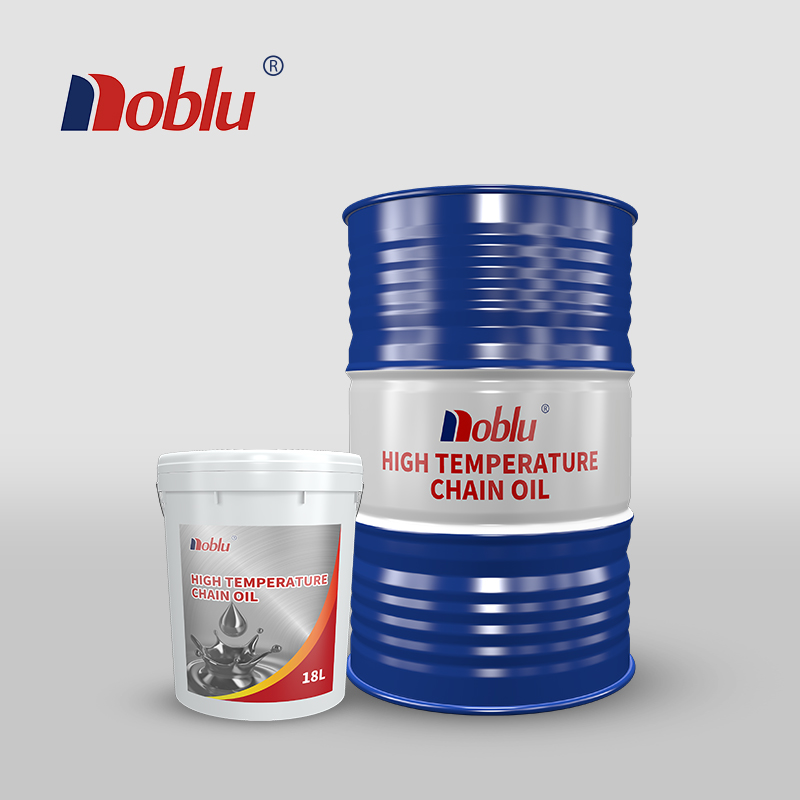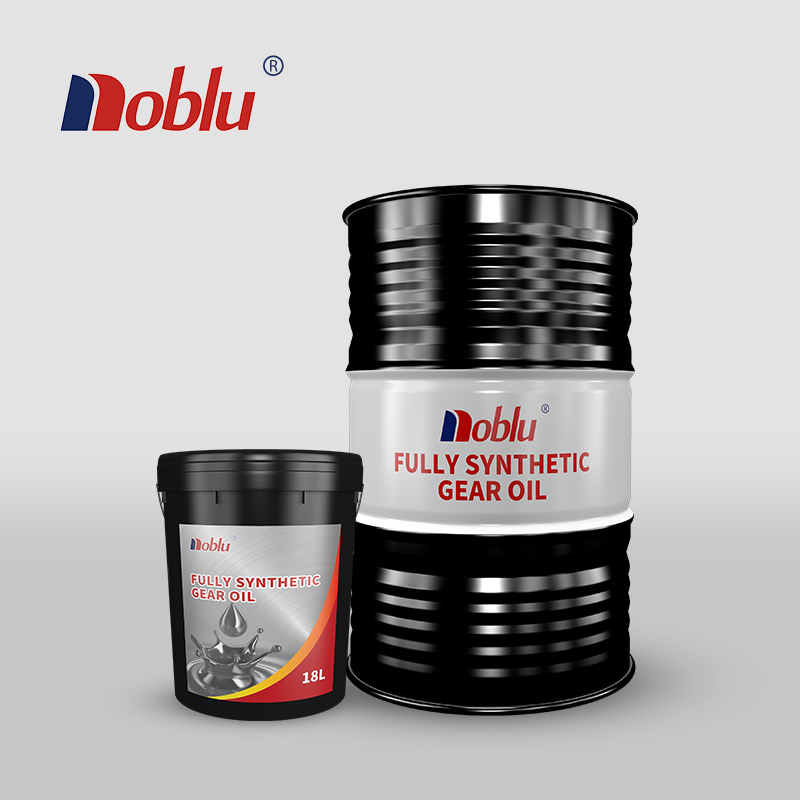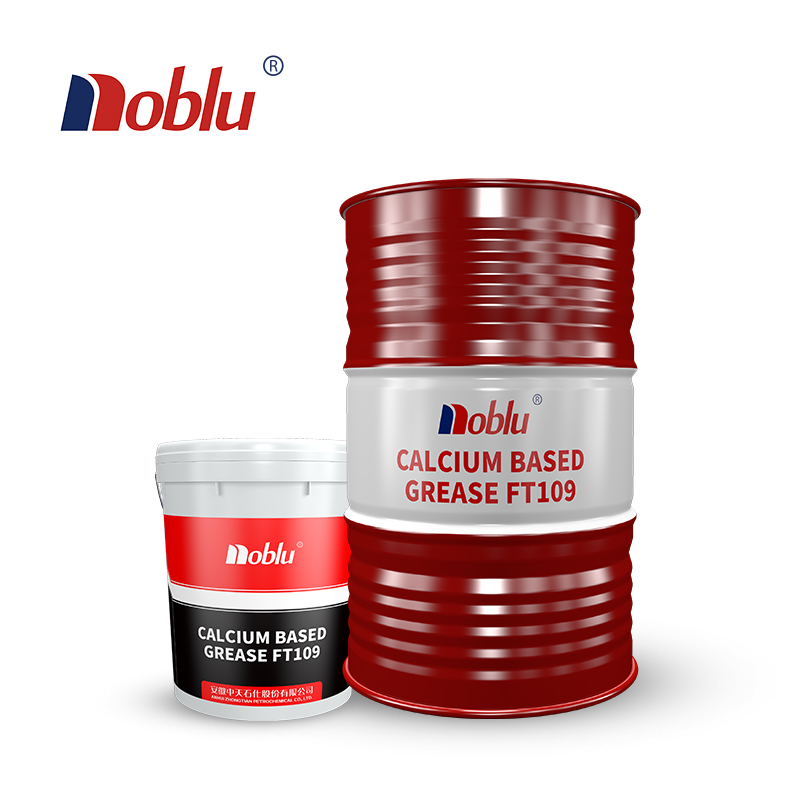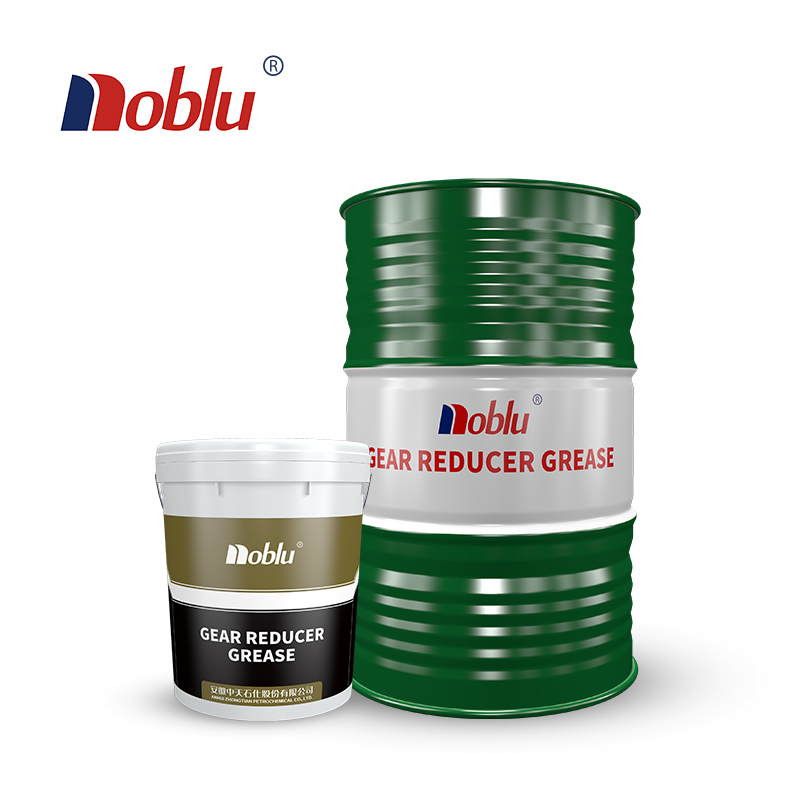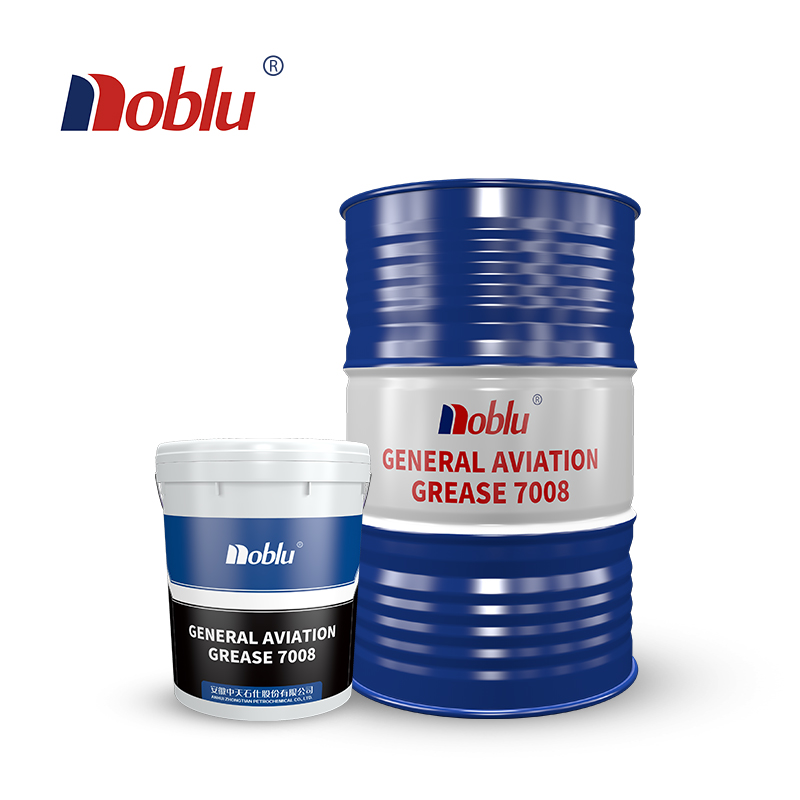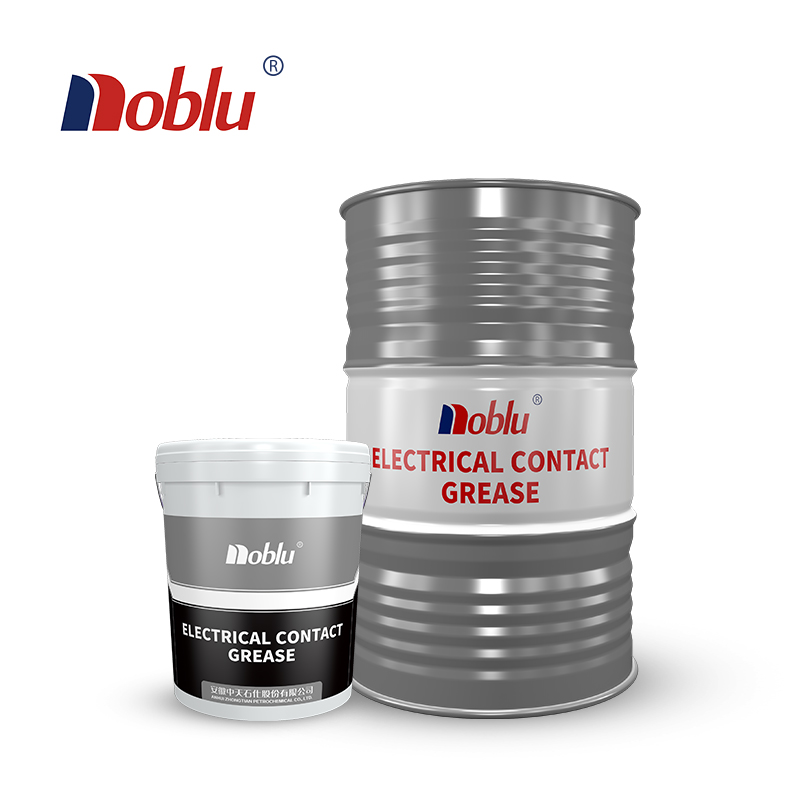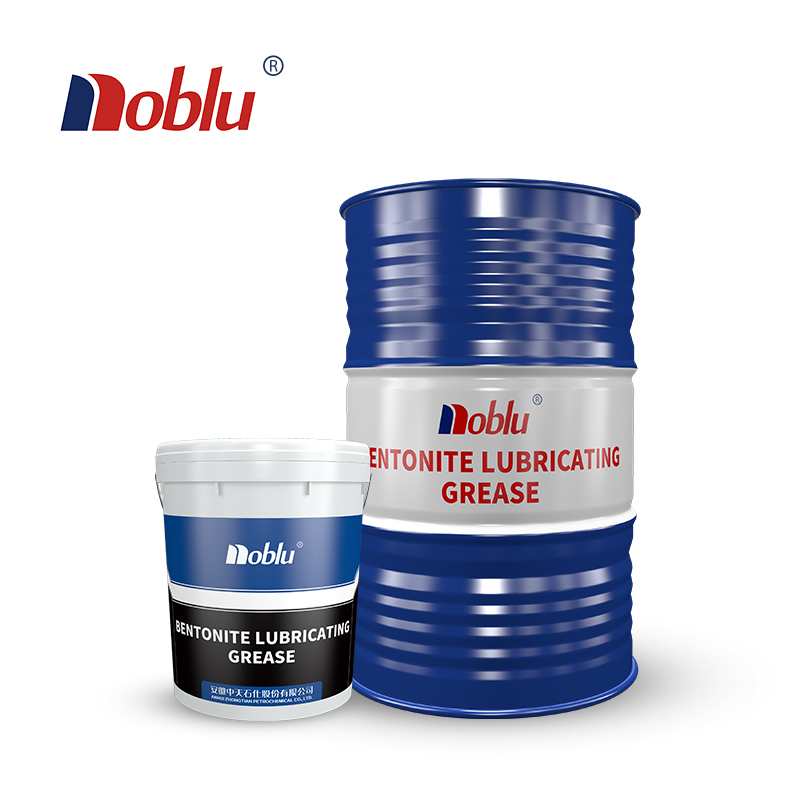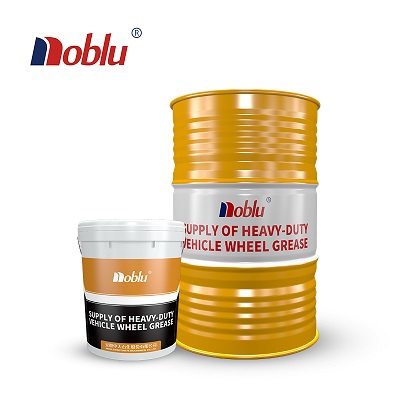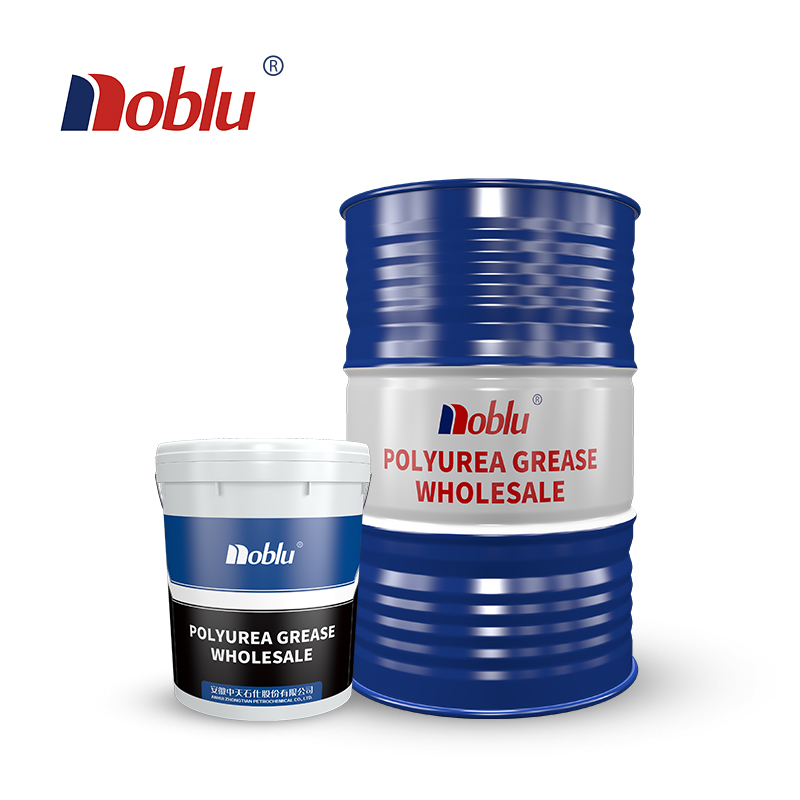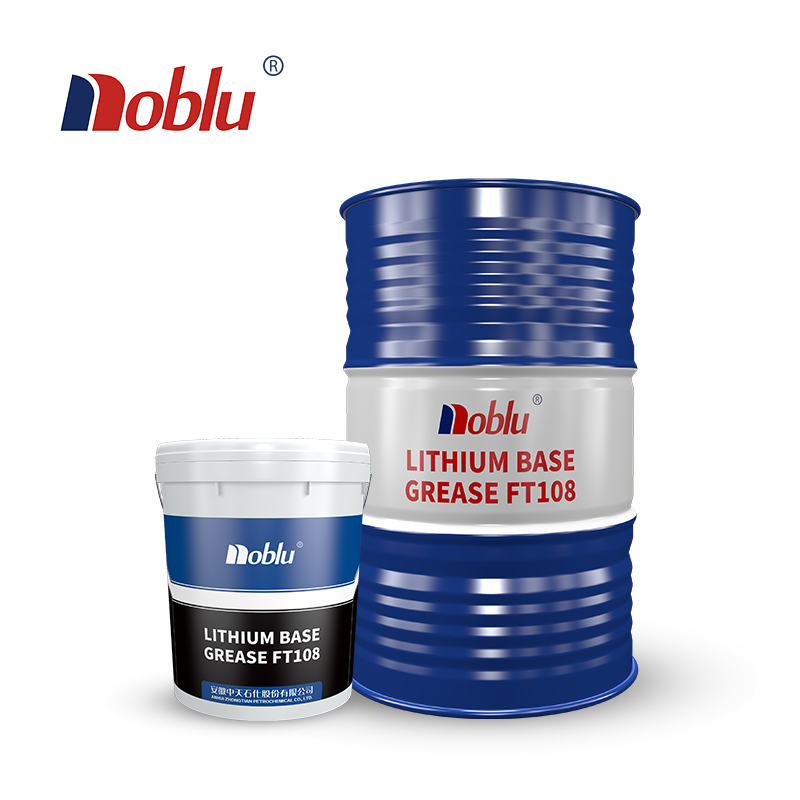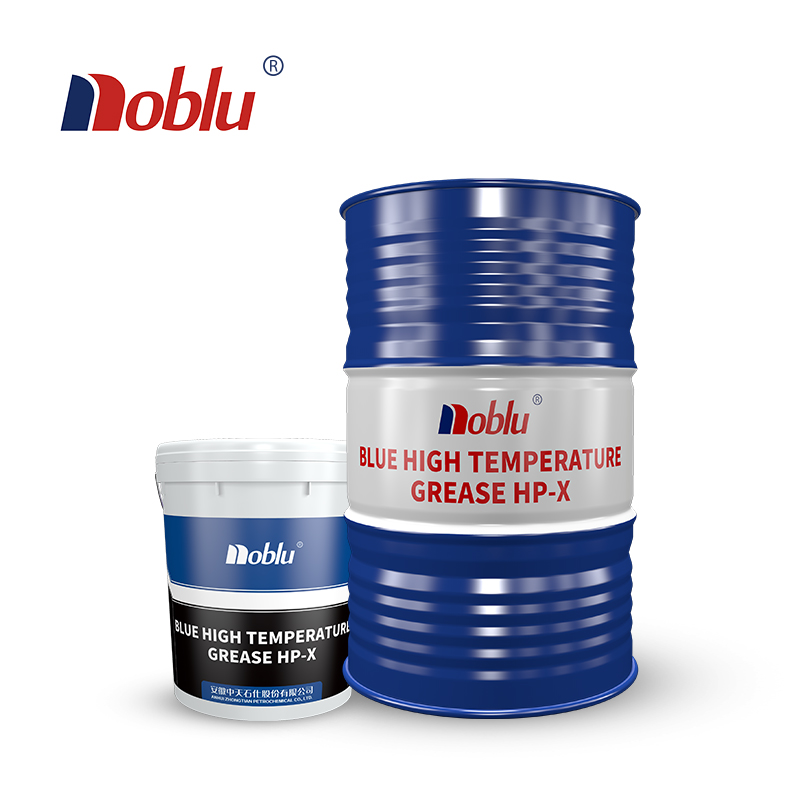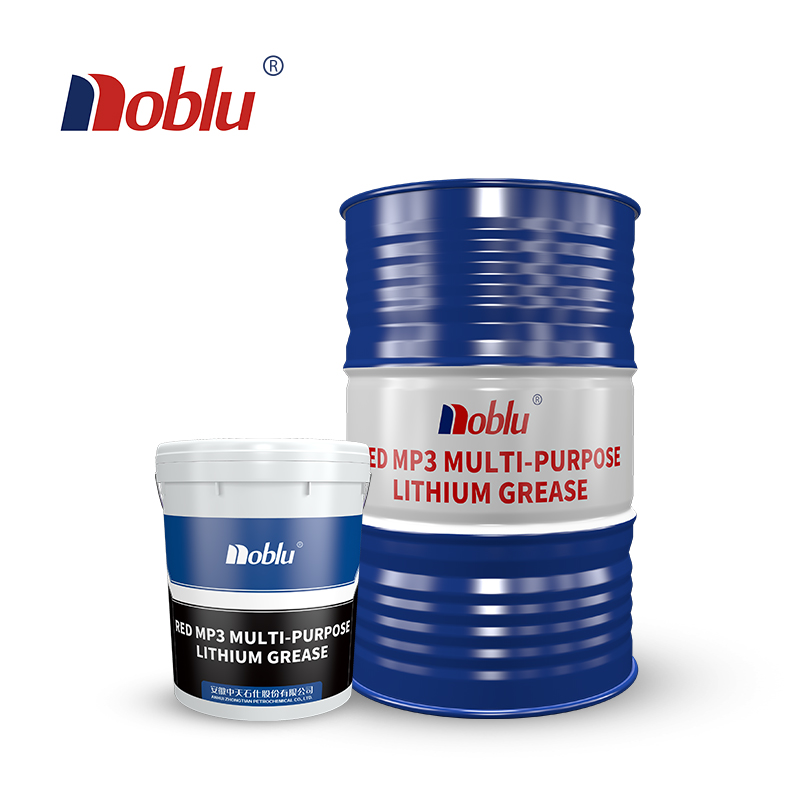Introduction: Polyurea grease and lithium grease are two commonly used lubricants in various industries, including automotive, industrial, and manufacturing sectors. Both types offer unique properties and benefits that make them suitable for specific applications. This article aims to provide a comprehensive analysis of polyurea grease and lithium grease, highlighting their characteristics, advantages, and applications to determine which is better under different circumstances.
Polyurea grease is a synthetic lubricant known for its exceptional water resistance, high-temperature stability, and long-lasting performance. It is formulated by thickening synthetic oil with a polyurea thickener, resulting in a smooth and consistent texture. Some key advantages of polyurea grease include:
1. Superior Shear Stability:
Polyurea grease maintains its consistency and does not soften or liquefy under high shear forces. This property makes it ideal for applications subjected to heavy loads, vibrations, or extreme pressures.
2. Excellent High-Temperature Performance:
Polyurea grease can withstand higher temperatures compared to lithium grease. It remains stable and provides reliable lubrication even in demanding environments, reducing wear and extending equipment life.
3. Water Resistance:
One of the significant advantages of polyurea grease is its ability to repel water and resist washout. This characteristic makes it suitable for applications exposed to moisture, such as outdoor equipment or environments with frequent water contact.
4. Extended Lubrication Intervals:
Polyurea grease forms a protective barrier that reduces friction and wear between moving parts. This property allows for longer lubrication intervals, reducing maintenance frequency and associated costs.
Lithium grease is a popular choice due to its versatility, affordability, and wide range of applications. It is created by thickening mineral or synthetic oil using lithium-based additives. Here are some key advantages of lithium grease:
1. Good Load-Carrying Capacity:
Lithium grease offers excellent load-carrying capabilities, making it suitable for applications subjected to heavy loads or extreme pressures. It prevents metal-to-metal contact, reducing friction, and minimizing wear.
2. Wide Temperature Range:
Although not as heat-resistant as polyurea grease, lithium grease performs well within a broad temperature range. It remains stable under normal operating conditions and provides effective lubrication in moderate temperature environments.
3. Cost-Effective Solution:
Lithium grease is generally more cost-effective compared to polyurea grease, making it a preferred choice for many applications that do not require extreme performance characteristics.
4. Compatibility:
Lithium grease is compatible with a wide range of materials, including metals and elastomers. This compatibility ensures easy integration into existing systems without concerns about adverse reactions or material degradation.
Conclusion: Determining whether polyurea grease or lithium grease is better depends on the specific application requirements. Polyurea grease offers superior high-temperature performance, water resistance, and extended lubrication intervals, making it suitable for demanding environments. On the other hand, lithium grease provides good load-carrying capacity, versatility, and cost-effectiveness, making it a reliable choice for general-purpose applications. Consulting with lubricant experts or considering equipment manufacturer recommendations can help identify the most suitable option for each unique situation.

